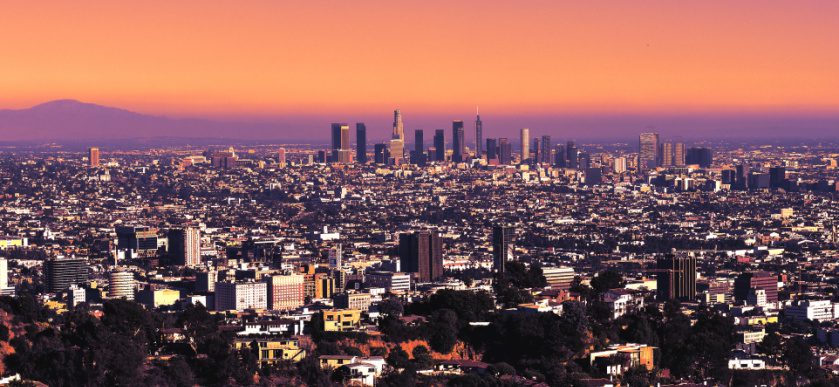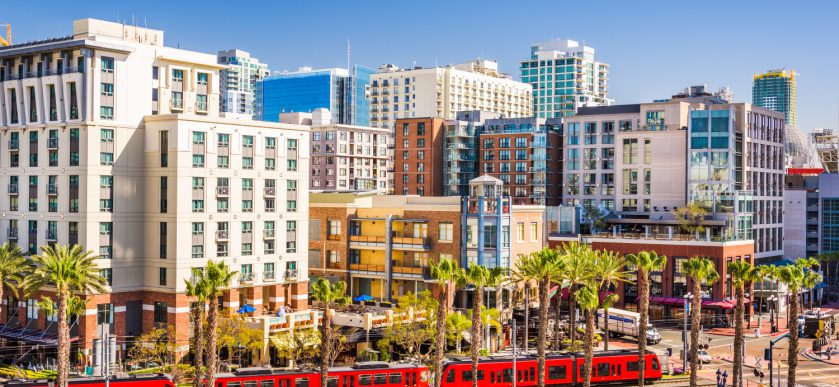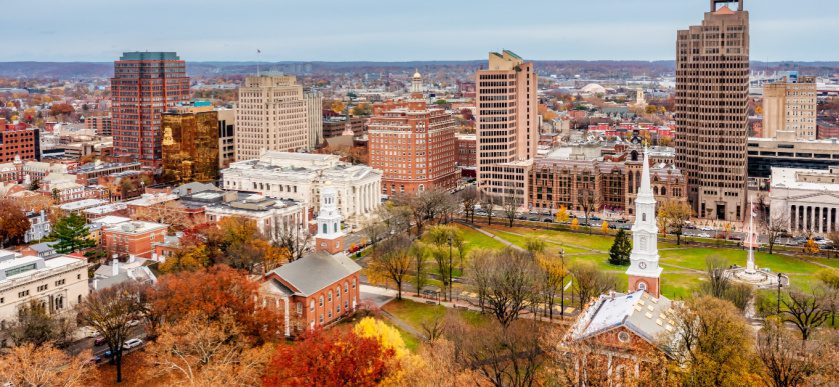Student Athletes
Student Athletes
The debate over whether student-athletes should be considered employees of their colleges or universities is certainly not new, but interest in the issue has intensified in recent years. Advocates for student-athletes argue that the significant time commitment required for collegiate sports, combined with the revenue generated by these activities, justifies employment status. This classification would afford student-athletes numerous legal protections under employment law, including the right to form unions, negotiate for better working conditions, and receive compensation beyond traditional scholarships.
At Miller Shah LLP, our team is uniquely well-suited to represent college athletes with concerns regarding compensation eligibility, name and likeness rights, and more. With diverse experience in both employment law and class and collective actions, our attorneys can advocate effectively for the rights of student-athletes. Plus, with offices across the country, we have the resources and legal knowledge necessary to present our clients with convenient and customized solutions.
NCAA v. Alston
The Supreme Court’s unanimous June 2021 decision in NCAA v. Alston was a seismic shift in the landscape of college athletics. The Court ruled that NCAA restrictions on education-related benefits for college athletes violated antitrust laws. This decision challenged the NCAA’s long-standing definition of amateurism and allowed for greater compensation for student-athletes, acknowledging their substantial contributions to the collegiate sports industry.
While not directly addressing employment status, the ruling underscores the evolving perception of the roles and rights of student-athletes within the framework of higher education and athletics.
The National Labor Relations Board’s Stance
The National Labor Relations Board (NLRB) has also played a pivotal role in the student-athlete debate. Only a few months after the Supreme Court’s decision in Alston, the NLRB’s General Counsel issued a landmark memorandum stating that college athletes should be considered employees under the National Labor Relations Act (NLRA).
The NLRB’s position is grounded in the belief that the relationship between student-athletes and their institutions mirrors that of an employer and employee, given the control schools exert over the athletes’ schedules, activities, and, in many cases, their financial earnings through scholarships. The NLRB’s stance opened the door for student-athletes to assert their rights to collective bargaining and other employee protections.
Miller Shah LLP Advocates for Fair Employment Classification
At Miller Shah LLP, we understand the complex legal issues surrounding the employment classification of student-athletes. Our firm has a rich history of representing individuals and groups in misclassification disputes, and we are committed to achieving justice for our clients and holding organizations accountable for violating the rights of others.
With a global presence and a deep understanding of employment law, Miller Shah LLP is uniquely positioned to navigate the intricacies of employment classification issues. For reliable guidance on employment classification matters, including your rights as a student-athlete, we encourage you to contact any of our offices for a consultation. We can present accessible, professional advice to determine the best solution for you.
Over 1 BILLION Recovered
Our team is equipped and prepared for complicated, high-stakes cases in all areas of business and civil litigation. We continuously strive to achieve the best possible results for our clients.
Eversource Energy ERISA Class Action Settlement
$14 Million
Eversource Energy ERISA Class Action Settlement
Universal Health Services ERISA Class Action Settlement
$12.5 Million
Universal Health Services ERISA Class Action Settlement
Beth Israel Medical ERISA Class Action Settlement
$2.9 Million
Beth Israel Medical ERISA Class Action Settlement
Rush University Medical ERISA Class Action Settlement











